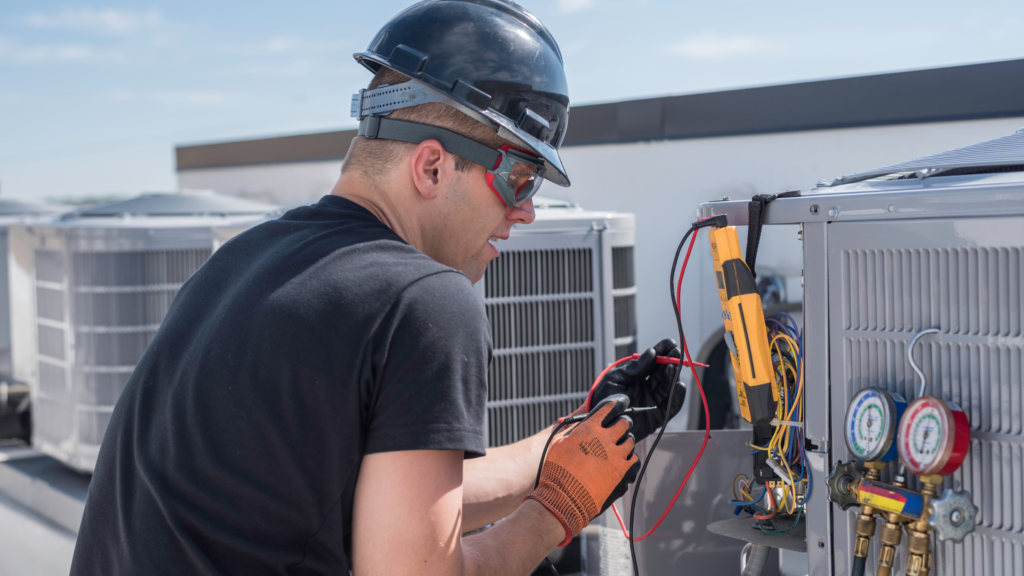
Becoming a licensed HVAC (Heating, Ventilation, and Air Conditioning) contractor in Florida involves several steps. Here’s a comprehensive overview of the process:
1. Meet the Prerequisites:
- To become a licensed HVAC contractor in Florida, you need to meet specific prerequisites, which typically include the following:
- At least 18 years of age.
- A high school diploma or its equivalent.
2. Gain Relevant Experience:
- To qualify for a Florida HVAC contractor’s license, you must have relevant work experience. The specific experience requirements may vary depending on the type of license you are pursuing:
- Class A HVAC Contractor License: You need to demonstrate 48 months of job experience, with at least 12 months spent as a foreman.
- Alternatively, a combination of college or military service and experience can be considered, totaling at least 48 months with at least 12 of those months as a foreman.
3. Training and Education:
- While Florida does not mandate formal education for HVAC contractors, many aspiring contractors choose to complete postsecondary training programs in HVAC technology or related fields to gain the necessary knowledge and skills.
4. Exam Preparation:
- Next, prepare for and pass the Florida HVAC contractor’s licensing examination. The exam typically covers a range of HVAC-related topics, including system installation, maintenance, repair, alteration, extension, and design.
5. Apply for the License:
- After meeting the experience and examination requirements, you can apply for the HVAC contractor license through the Florida Department of Business & Professional Regulation (DBPR). The application process may involve providing documentation of your experience and education, submitting to a background check, and paying the required fees.
6. Pass a Background Check:
- As part of the application process, you will likely need to pass a background check to ensure you have no disqualifying criminal convictions.
7. Obtain Insurance:
- HVAC contractors in Florida typically need to carry liability insurance to protect their clients and meet state requirements. Contact our affiliated insurance company to get this going.
8. Maintain Continuing Education:
- Florida HVAC contractors are often required to complete continuing education courses to stay updated on industry standards and regulations. The specific requirements can vary, so be sure to keep track of your continuing education hours.
9. Begin Your HVAC Contracting Business:
- Once you’ve obtained your Florida HVAC contractor’s license, you can start your HVAC contracting business. Be sure to comply with all state and local regulations and obtain any necessary permits or business licenses.
10. Stay Informed:
- Keep yourself informed about changes in industry regulations and best practices to maintain a successful HVAC contracting business.
Note: The specific licensing requirements, fees, and regulations may change over time, so it’s essential to verify the most up-to-date information with the Florida Department of Business & Professional Regulation (DBPR) or consult with us for guidance throughout the process.


Leave a Reply
Your email is safe with us.